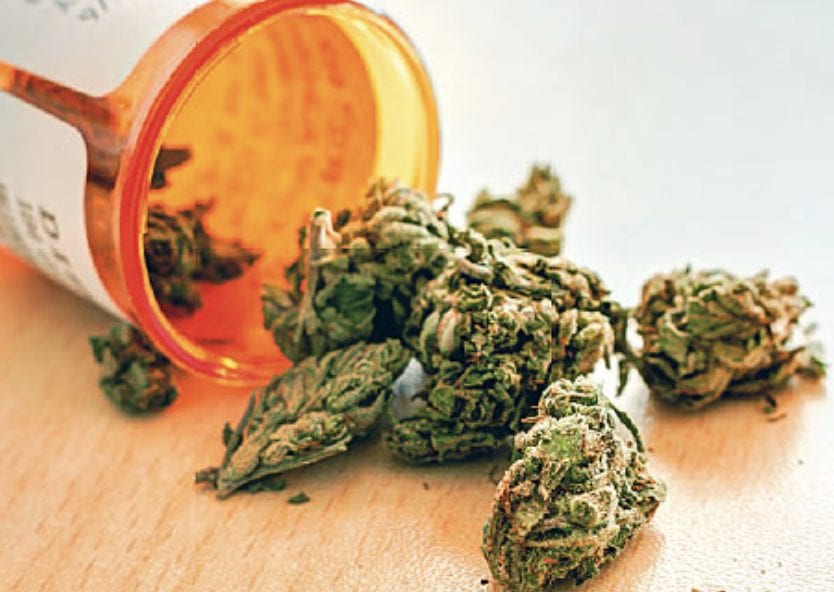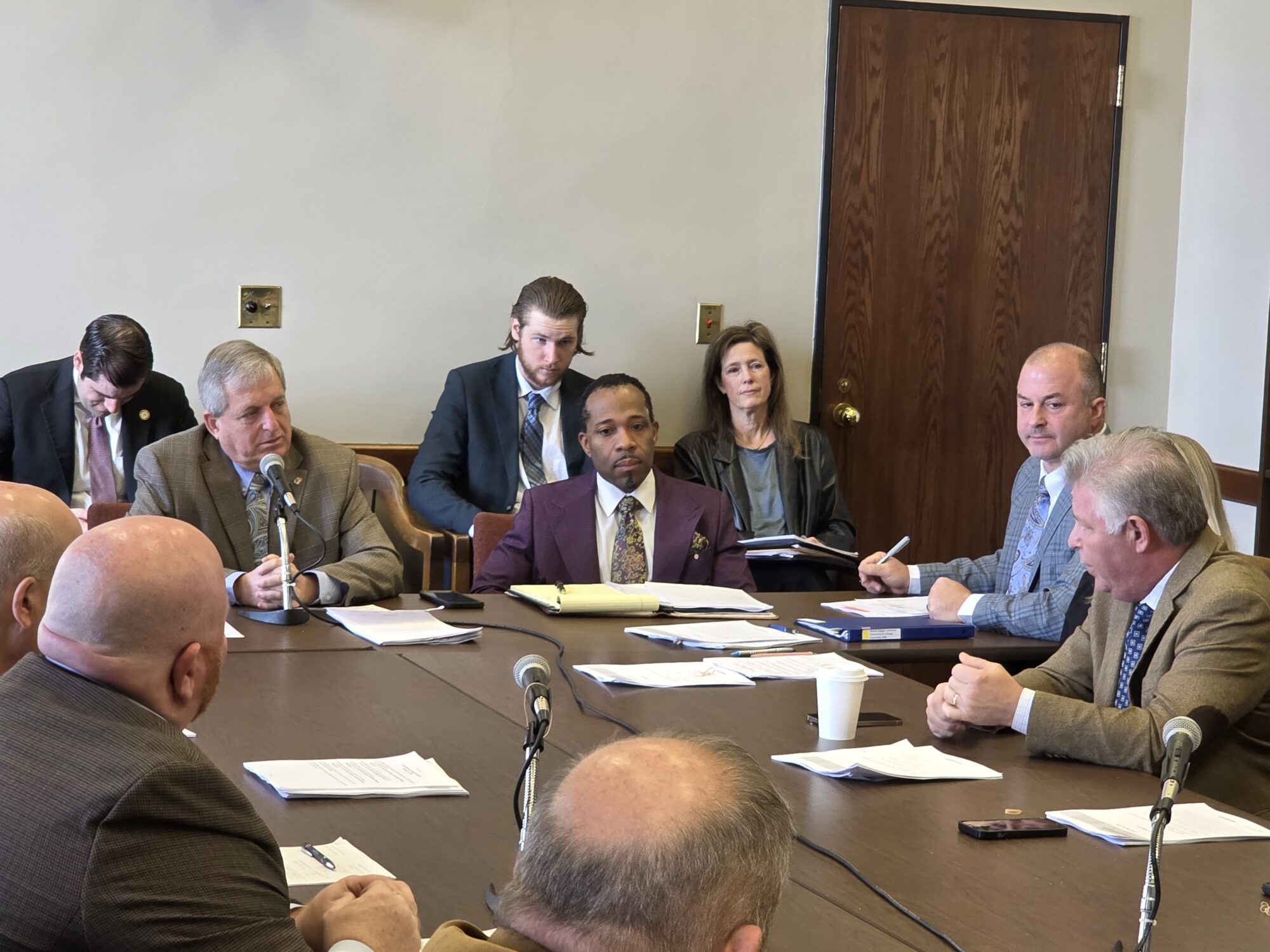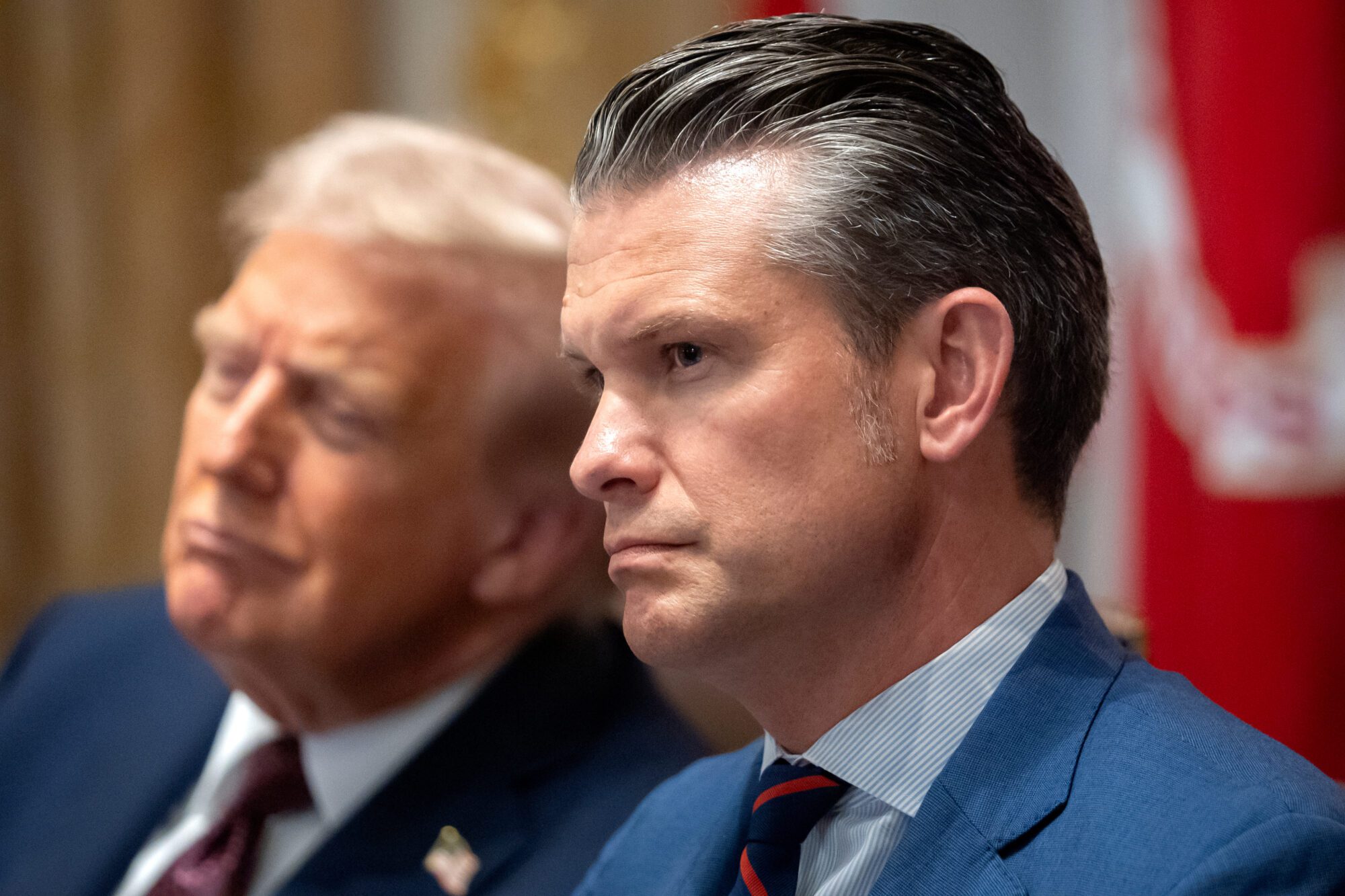
- The 9-person advisory committee is tasked with overseeing research and offering guidance to Mississippi lawmakers on the medical cannabis program’s strategic direction.
Changes to Mississippi’s medical cannabis program proposed during a recent meeting of the nine-person Medical Cannabis Advisory Committee could expand access and revise certain existing requirements for the program.
The advisory committee was established by the Legislature when the program was passed. The members are to oversee research, ensure compliance with standards, and offer recommendations and guidance as to the program’s strategic direction.
Obtaining a medical cannabis card
Today, if a Mississippian wants to obtain a medical cannabis card, a patient must get a referral from a “physician, physician’s assistant, nurse practitioner or optometrist participating in the medical cannabis program,” according to the Mississippi Medical Cannabis Program.
Additionally, how Mississippi handles young adults seeking a medical cannabis card could be revised. Mississippi’s current requirement states potential medical cannabis patients between the ages of 18 and 25 need two doctor referrals before receiving approval. Medical Cannabis Advisory Committee Chair Jeff Webb said there is consideration of removing that requirement for those age 21 and older.
Elizabeth Feder-Hosey with Mississippi Patient Voices agreed change is needed, especially for those young people who demonstrate responsibility by getting married and starting families, enlisting in the military and/or fully supporting themselves.
“There’s a lot of people in that age range that are adults in the world taking care of themselves and they shouldn’t have to get a two-doctor requirement,” Feder-Hosey added.
Montana requires minor applicants to gain two physician statements when applying for a medical cannabis card, unless the physician treating the patient is “an oncologist, neurologist or epileptologist.
Additional qualifying conditions
Patients can only be approved for a card if they are diagnosed with one of 20 current qualifying conditions. There is a push to add more conditions to that list.
Angie Calhoun, founder and CEO of Mississippi Cannabis Patients Alliance and chair of the Mississippi Medical Cannabis Research Board, told the advisory committee about planned research to determine if anxiety could be added to the list of approved ailments. She said CBD seems better suited to treat anxiety as opposed to medications with high levels of THC.
Research cited by the state of New Jersey in May suggests THC could be used to treat anxiety, particularly those living with Social Anxiety Disorder. However, the research noted that lower doses of the substance are more beneficial.
“The ratio of CBD to THC is also a factor to be included when considering cannabis for specific anxiety disorders, as are personal factors like family history of psychiatric illness and concurrent treatments or medicines,” the research states. “It is crucial to approach cannabis treatment cautiously and under the guidance of your healthcare provider.”
Webb said he expects the group to consider whether anxiety as well as insomnia could be qualifying conditions. However, he said additional research is needed to make a recommendation.
Studying ailments and treatments
To ensure the best outcomes of cannabis treatment, Calhoun told the advisory committee that another study is planned to start in January 2025 that will collect information from Mississippi cannabis patients via a web-based tool kit. The information obtained about their ailments and the products used in treatment will be analyzed to determine which products best treat certain conditions. She added all information collected is anonymous.
“The Department of Health and the law states clearly, they cannot share patient information, in which that would be a HIPAA violation anyway,” Calhoun added.
A study will also identify any interactions medical cannabis might have with other common medications.
“And we do know factually that medical cannabis can interact with other medications,” Calhoun explained. “It can either increase the efficacy or it can lessen the efficacy of a few medications.”
A study published by the Canadian Medical Association Journal in March 2020 warned of drug interactions with cannabinoids, such as cannabis use combined with alcohol and/or opioids can create an additive effect, while cannabis use combined with warfarin could increase the risk of bleeding.
Possible changes to the program
Changes to the medical cannabis program that may be considered by the Legislature in the coming session include adding more members to the advisory committee and allowing telemedicine services to serve as the first physician assessment for homebound and disabled patients. Telemedicine is currently only applicable for card renewals.
Feder-Hosey asked the advisory committee to consider a provision to allow Telehealth to act as the first doctor visit for potential first-time card holders who are homebound or disabled given that Mississippi is a rural state. She told of a personal instance where she helped facilitate transportation for a potential patient more than 100 miles to the nearest medical facility that offered referrals for medical cannabis, as not all medical facilities in the state offer the service.
Feder-Hosey also suggested a change to the state’s reciprocity program to allow patients to shop in Mississippi in an unlimited fashion. She said the extra revenue could be used to help further the program.
“Tons of people from Louisiana, Alabama, they want to shop medical cannabis in our state,” Feder-Hosey told the legislators. “The products are better, the pricing is better, they have more access to more products.”
Currently, non-resident cards are valid for 15 days, but there is consideration to increase that timeframe to 90 days. State law allows cardholding cannabis patients from out-of-state who have an applicable medical condition to pay a $75 registration to obtain a 15-day medical cannabis card twice per year.
Webb said consideration of removing the number of times a card can be renewed could be on the table as well.
Neighboring Arkansas has a reciprocity law similar to Mississippi’s, but with minor variations. In Arkansas, the fee is $50 and the temporary card is good up to 90 days. Arkansas also mandates that the medical condition apply under its own laws.
Other proposed changes Webb expects to be discussed in Mississippi’s medical cannabis law concerns surveillance video footage storage timelines, potentially reducing the requirement from 120 days to 60 days, and revisions to the MMCEU allotment system. For example, Webb expects the Legislature to consider changing the unit equivalency from one unit equals one gram of concentrate, 100 milligrams of edibles, or 3.5 of flower to one unit equals one gram of total THC.
Issues with testing, THC caps
As a relatively new program, those who cultivate and process the plants into usable medicine have noted areas where changes could be beneficial.
Derrick Mackmer, with Well Craft Cultivation, told the Senate committee that the various cannabis testing labs in the state are providing conflicting results on the same batches of cannabis on the same day. While he attributed the variations to certain labs being more highly certified than others, the conflicting test results are causing headaches for cultivators.
There is also a call to increase the current THC caps in concentrated products so additives will not be required.
Feder-Hosey said there are states with higher medical cannabis concentration caps, some ranging from 75 to 95 percent, depending on the process used. Webb indicated that discussions concerning potency caps on both flower and concentrate could occur in the coming session.
“I’ve really heard more discussion and comments about changing the concentrate formula than I have the flower formula,” Webb described. “Apparently, we do it different than a lot of other states.”
You can watch the advisory committee’s recent meeting below.











